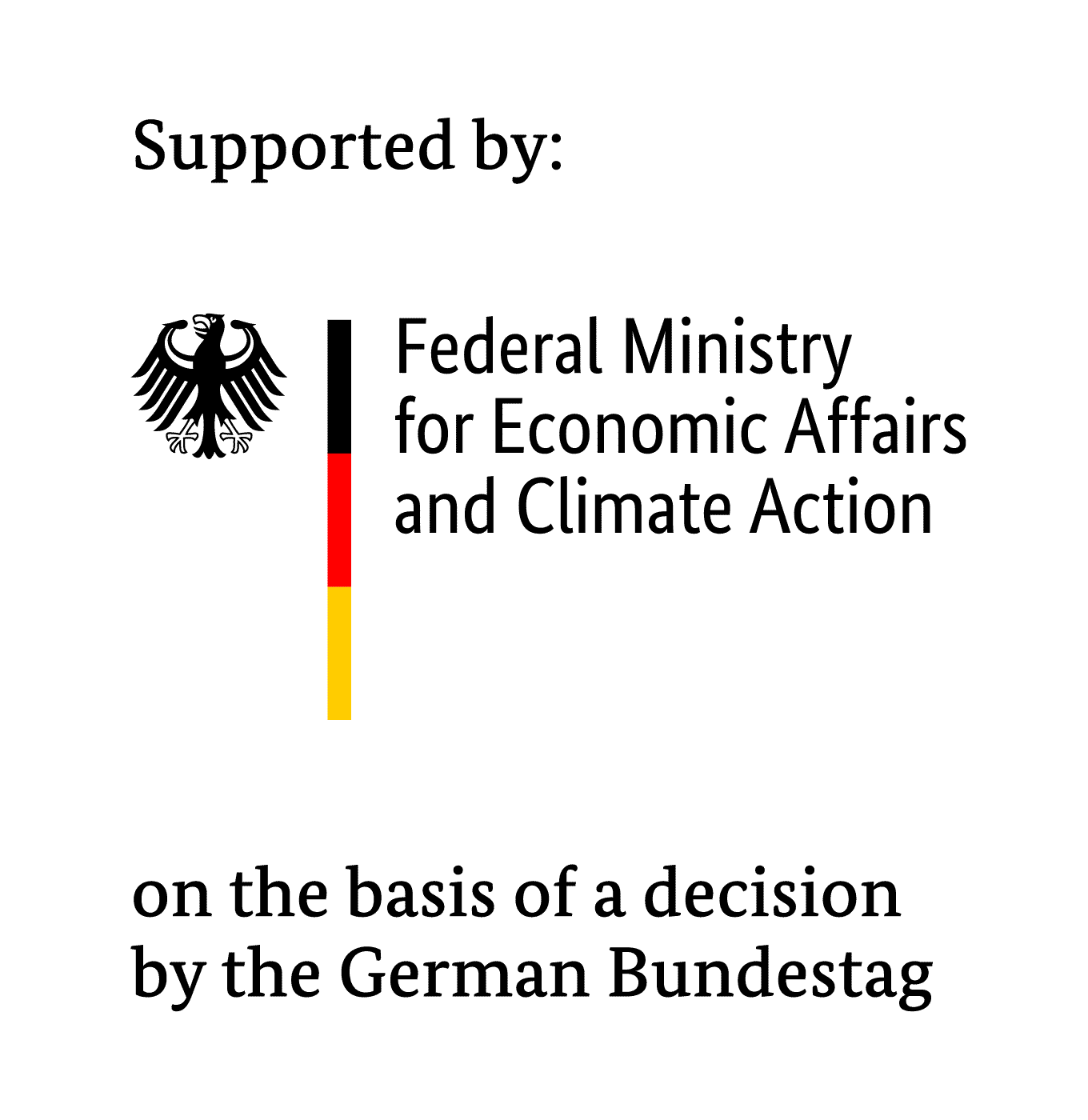Projectname:
Low cost multisensory paper and packaging applications
Workgroup: Applied Digitalization
Scientific Partners and Guidance:
IGF: 242 EBG
Financing: BMWi
Duration: 2019-2021
Printed electronics is a megatrend for packaging, food and pharmaceutical industries because it is an enabling technology and accelerator for the other megatrends ‘internet of things’, ‘consumer interaction and feedback coupling via mobile phones’, ‘tracebility’ and ‘safety during online retail’, i.e. surveillance of storage and transport conditions’. SMEs are highly interest to serve this growing market but they face several challenges. These are addressed and solved by PAPERONICS.
Paper will be used as substrate because it is temperature stable, stiff, printable and a low cost material. The innovation target and the methodology will focus on SME benefits. SMEs have their strength to adapt business models and solutions for niche markets. The pre-competitive character and SME-focus of the project is provided by developing materials and generating results of higher value for SMEs.
In the CorNet project PAPERONICS the research organisations UHasselt, IMEC and KU Leuven from Flanders cooperate with Fraunhofer IVV, TU Chemnitz and PTS. The research and development work is shared between both countries. By exchange of results and joint cooperation the collaboration between both regions is intensified.

The IGF project presented here is funded as part of the program for the promotion of industrial community research (IGF) by the Federal Ministry for Economic Affairs and Climate Action based on a decision of the German Bundestag.